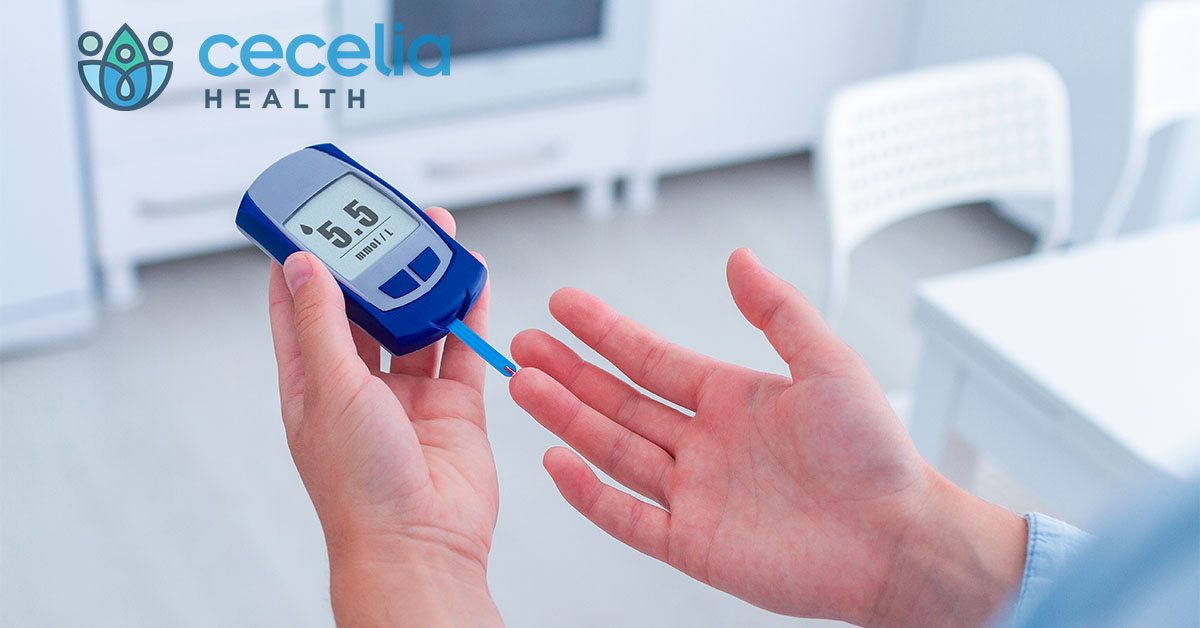You can’t really talk about diabetes management without considering the many decisions made every day through “self-management”. Similarly, you can’t consider self-management without continual learning and support as different situations open up different decisions. Yes, self-management, like diabetes, is complex. Ask anyone living with diabetes; there is no one-size-fits-all. The ongoing process of learning diabetes self-care is best provided by those credentialed in diabetes self-management education and support, the diabetes care and education specialist.
What is Diabetes Self-Management and Support?
The American Diabetes Association’s 2017 National Diabetes Self-Management Education and Support (DSMES) guidelines, DSMES is an ongoing process that facilitates knowledge, skills and the ability for diabetes self-care. It includes support to sustain successful self-care behaviors across the lifespan.
While DSMES may include educational handouts and videos, it is much more. It’s support to accept a health condition you did not want in addition to learning about diet, activity, medications, and monitoring. DSMES by design addresses the person living with diabetes’ health beliefs, cultural, current knowledge, physical limitations, emotional status, family support, financial status, medical history, literacy, and other factors that influence each individual’s ability to participate in self-management.
Just like learning how to drive a car, there’s guidance at the beginning to help the driver become someone who can successfully navigate the roads of life. Most of life’s routes will be routine and easy. Some of the roads will seem impassable. DSMES prepares the person living with diabetes for the roads ahead — good and bad — and remains assessable when additional guidance is needed.
DSMES is defined by national standards that are reviewed and updated every five years. The importance of the guidelines is the elevation of learning about diabetes as being an important evidence-based skill. DSMES is more than “diabetes education”. DSMES is learning today the education needed for tomorrow and support for the future. DSMES’s guiding principle is keeping the patient front and center of an education and management plan that teaches persons impacted by diabetes how to problem solve and anticipate challenges before they occur.
DSMES is intended to be an ongoing process. This is supported by a 2015 Joint Position Statement that identified four key times in the life of a person living with diabetes that diabetes self-management education and support could be the most helpful:
- When newly diagnosed with diabetes. Self-management skills and emotional health should be assessed and diabetes self-management education provided to support informed decision-making and healthy outcomes.
- At an annual health evaluation. Self-management skills should be reassessed and diabetes self-management education provided to build on current knowledge, skills, and potential management challenges.
- When a new challenge impacts diabetes care, including financial challenges, emotional distress or medication issues. Changes in life can sometimes translate into changes in diabetes management strategies. At this time it’s good to reassess self-management needs and provide education and support unique to changes and challenges.
- When there are changes in a person’s health care. Includes reassessing self-management needs in the presence of other health issues. This is a good time to provide education and support in how diabetes self-management and other changes can work together in producing healthy outcomes.
Big question: is it time for someone you know to receive diabetes self-management education and support?
How to Find Diabetes Self-Management Education and Support
DSMES can be found where ever diabetes care and education specialists work: solo practice, pharmacies, medical clinics, hospital outpatient facilities, and by telehealth. DSMES locations may be recognized or accredited as compliant with DSMES national standards.
There’s lots of reasons for electing to be or not be a recognized or accredited DSMES facility. Recognized or accredited DSMES facilities do guarantee compliance with the national standards and are most frequently reimbursable by insurance and Medicare. Non-recognized or accredited facilities may not seek reimbursement for DSMES and therefore elect not to pursue certification. Of critical importance is who is performing the DSMES — insist on a credentialed diabetes care and education specialist.
How to Access Diabetes Self-Management Education and Support
Any request for additional management support is best handled by the primary care provider first. Providers are typically knowledgeable of additional health services and health professionals in a service area.
If third-party reimbursement is desired for DSMES, check with your insurance carrier for coverage guidance. Sometimes insurance companies have pre-existing agreements or special support programs to provide DSMES at little or no cost to beneficiaries.
Additionally the two review organizations that recognize or accredit DSMES facilities have location services (click blue hyperlinks):
- Association of Diabetes Care and Education Specialists Diabetes Education Accreditation Programs
- American Diabetes Association Education Recognition Programs
There is no pill that can do what the patient doesn’t do or undo what the patient does. There’s only making an informed choice and knowing the cost of the action. Find a diabetes care and education specialist today and get your dose of diabetes self-management education and support. You’ll be glad you did.
